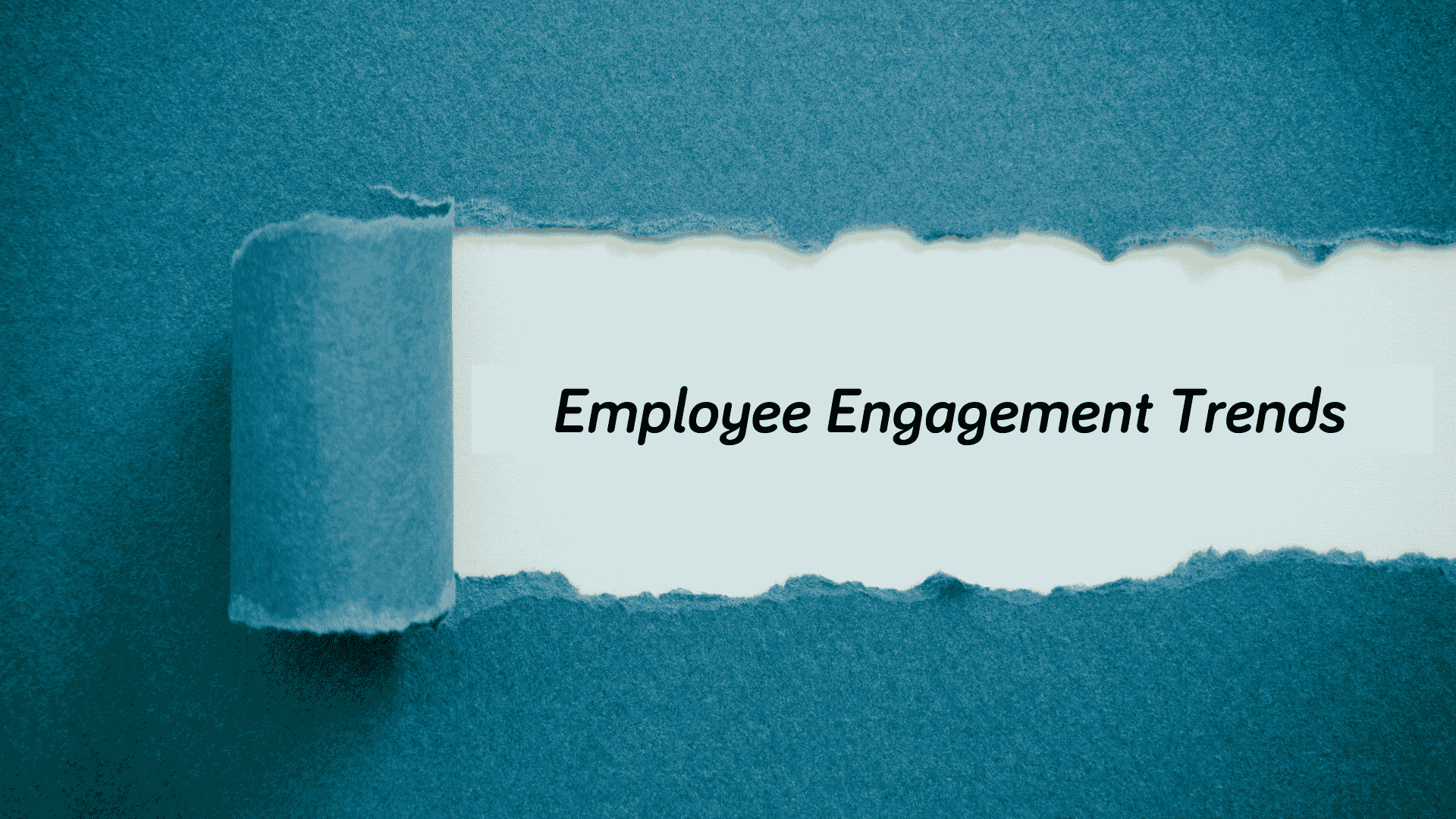How To Support Employee Mental Health At Work
December 6, 2022Categorised in: Employee Wellbeing
Maintaining our mental health is something we all need to do, and with people spending a large portion of their time at work, it is particularly vital to support employee mental health within the workplace. Employers have a responsibility to their employees, including providing access to resources to manage employee mental health.
Some mental health issues that can affect employee mental health include:

Employee Mental Health And The Law
Quite simply, employers have a ‘duty of care’ to their employees. This responsibility means employers must do what they can to support employee mental health, including:
Since the Equality Act of 2010, mental health issues can be considered a disability, and symptoms do not need to be present at the time to be considered a disability. As employers cannot discriminate against someone with a disability, they must work with their staff to support employee mental health where they can.
Creating A Supportive Working Environment For Employee Mental Health
Under UK law, employers must make correct, reasonable adjustments to best take care of employee mental health.
Communicating with staff is vital to employee mental health — if an employer creates a safe space for their staff, then team members will feel comfortable communicating their needs and requirements to help them within the work environment.
Proactively supporting employee mental health without judgement is essential, and employers can do things such as:

Implementing A Flexible Working Model
Whilst the degree of flexibility will depend on your business, allowing some flexibility is an excellent benefit that accommodates employees’ needs and helps to support them when they need it most.
Many companies that use a flexible working model find that the number of staff sick days decreases, as employees know that they can change their hours or work from home when they’re not feeling 100%.
Some flexible options to improve employee mental health include:
Access To Employee Mental Health Resources
Providing staff with access to employee mental health resources is one of the most beneficial benefits a business can offer. Employees can check in and get support whenever needed, and employers take a proactive approach to keep staff mentally well, boosting productivity and retention.
As part of a range of employee benefits delivered through HIVE360’s Engage App, your staff can access 24/7 employee mental health support via professionally trained counsellors, providing immediate and helpful guidance whenever needed.
Some examples of resources that can be really helpful to support employee mental health include:
Support Employee Mental Health With HIVE360 Support Services Ltd
Creating a supportive environment for staff and employers is one of the most powerful things a business can do. It boosts employee mental health whilst at work, but it will also help your people with their daily lives outside the workplace.
To find out more about offering employee mental health services through our Engage employee benefits app, please click here.




